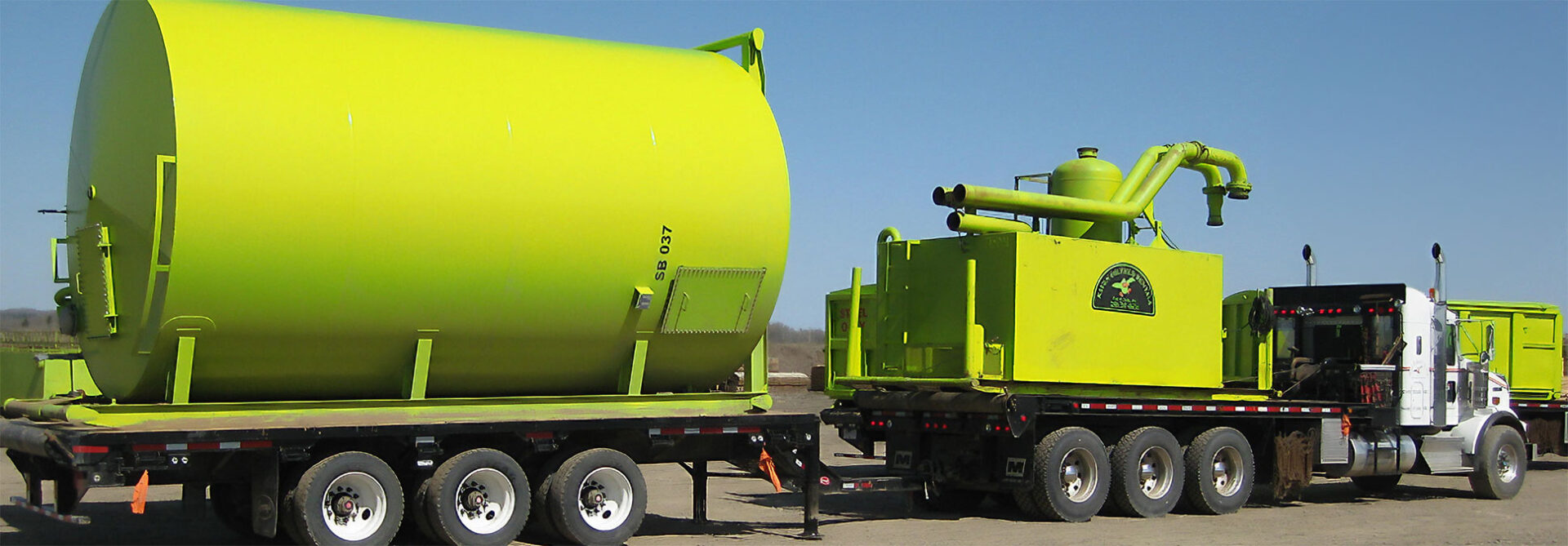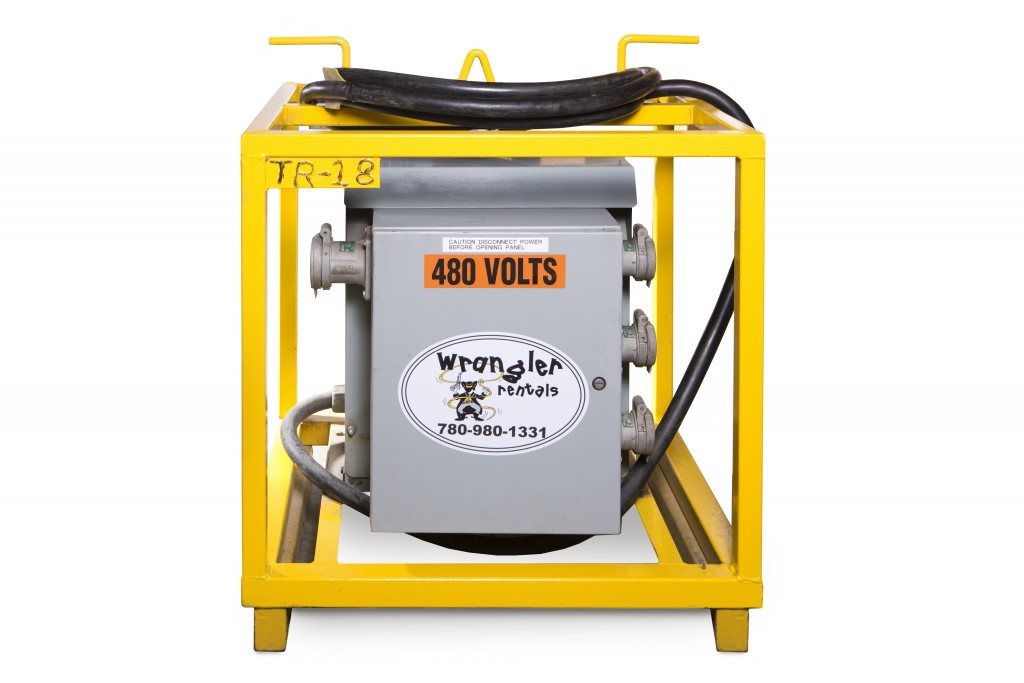Superior Rentals Contact: customer support experience
A Comprehensive Guide to the Numerous Types of Oil Field Equipment and Pipeline Equipment Available
The oil and gas market depends greatly on specialized tools for reliable extraction and transportation. Different sorts of equipment, from piercing rigs to storage space containers, play vital duties in this complex procedure. Each tool offers distinctive functions that add to general operational success. Comprehending these elements is crucial for anybody associated with the sector. As the sector advances, so as well do the innovations that sustain it. What improvements are on the perspective?

Drilling Rigs: The Backbone of Oil Exploration
Drilling rigs work as the vital equipment in the domain name of oil exploration, allowing companies to gain access to hydrocarbon gets hidden deep below the Earth's surface area. These rigs are available in different types, including land rigs, offshore rigs, and mobile systems, each made to run in details atmospheres. Outfitted with advanced modern technology, piercing rigs can pass through geological formations with precision, making sure effective source extraction. The architectural integrity and functional capabilities of these rigs are important, as they must withstand severe conditions and substantial stress. Additionally, the option of an exploration gear impacts the overall task price and timeline, making it an essential factor to consider for oil business seeking to maximize their exploration efforts and take full advantage of productivity in their procedures.
Pumps: Vital for Fluid Activity
In the oil removal process, the duty of pumps is substantial, promoting the movement of liquids throughout different phases of production. Pumps are important for moving petroleum, water, and other fluids from below ground tanks to the surface and after that via pipes to refineries. They can be found in numerous kinds, consisting of centrifugal, favorable displacement, and completely submersible pumps, each offering particular purposes based upon the liquid characteristics and functional requirements. Centrifugal pumps are typically utilized for their performance in high-flow applications, while favorable variation pumps stand out in handling viscous fluids. The selection of pump impacts general efficiency, operational safety and security, and upkeep prices. Correct selection and upkeep of pumps are vital for maximizing manufacturing and decreasing downtime in oil field operations.
Shutoffs: Managing Flow and Pressure

Valves play an important duty in managing the circulation and stress of liquids within oil fields and pipelines. Various kinds of shutoffs serve distinct applications, each made to fulfill particular features essential for effective operation - Superior Oilfield Rentals Texas. Recognizing the qualities and usages of these shutoffs is necessary for optimizing system performance and safety
Sorts of Valves
Essential components in oil area procedures, valves play an important function in managing the circulation and stress of fluids within pipes and tools. Different kinds of shutoffs are utilized to meet the diverse requirements of oil and gas manufacturing. Usual kinds consist of gateway shutoffs, which give a straight-line flow and minimal stress drop; world shutoffs, known for their strangling capacities; and ball shutoffs, identified for their fast on/off control. Additionally, check valves stop heartburn, while butterfly shutoffs offer a lightweight option for regulating circulation. Each valve kind is developed with details materials and arrangements to hold up against the harsh problems commonly found in oil fields, guaranteeing dependability and performance in operations. Understanding these kinds is important for effective system administration.
Valve Applications and Features
While different kinds of valves offer unique objectives, their key applications focus on controlling circulation and pressure within oil and gas systems. Valves such as gate, world, and sphere valves control liquid motion, ensuring peak performance and safety and security. Gateway valves are generally utilized for on/off control, giving minimal circulation resistance. World valves, on the other hand, offer precise flow law, making them ideal for strangling applications. Ball valves are favored for their fast operation and limited securing capabilities. Furthermore, stress alleviation shutoffs are crucial for stopping system overpressure, guarding devices stability. Overall, the proper choice and application of valves enhance operational performance, ensuring the trustworthy transportation of oil and gas via pipelines and processing centers.
Compressors: Enhancing Gas Transportation
Compressors play an important role in the effective transportation of gas, making certain that it moves smoothly through pipelines over fars away. These devices increase the pressure of natural gas, permitting it to conquer friction and altitude changes within the pipeline system. Additionally, compressors help with the balancing of supply and demand, accommodating variations in usage and production prices. Various types of compressors are utilized in the sector, including centrifugal, reciprocating, and rotating screw compressors, each offering unique advantages based upon the operational demands. Routine upkeep of these compressors is necessary to optimize efficiency and lessen downtime, inevitably adding to a reliable gas transportation network. Their crucial feature emphasizes the importance of compressors in the total oil and gas infrastructure.
Storage Tanks: Safe and Efficient Liquid Administration
Reliable transportation of gas depends on various support group, among which is the appropriate administration of storage space click to read more containers. These containers play an important role in securely including fluids, making sure that operational performance is preserved while lessening environmental risks. Created from long lasting products, they are made to withstand high pressures and corrosive components. Properly sized and tactically located, tank facilitate the smooth flow of gas and other click here for more info fluids, avoiding bottlenecks in supply chains. Normal maintenance and surveillance are critical to detect leaks or structural problems, promoting security and compliance with regulative criteria. Inevitably, the effective management of tank is critical for the overall integrity and reliability of the oil and gas industry's fluid handling systems.
Pipeline Solutions: Infrastructure for Transport
Pipeline systems work as the backbone of the oil and gas sector, facilitating the efficient transport of hydrocarbons over huge distances. These systems are composed of different components, including pipelines, valves, pumps, and compressors, all thoroughly designed to assure seamless circulation. The products utilized in pipeline building, frequently steel or high-density polyethylene, are selected for toughness and resistance to deterioration. Pipeline networks can span throughout land and water, attaching production sites to refineries and circulation. In addition, progressed modern technology makes it possible for real-time monitoring of flow prices and pressure degrees, improving operational performance. The strategic placement of these pipelines lessens ecological influence while taking full advantage of resource availability, therefore playing a necessary role in meeting energy needs worldwide.
Safety Equipment: Making Sure Worker and Environmental Management
The procedure of pipeline systems, while essential for power transportation, additionally presents substantial security difficulties for employees and the atmosphere. Safety and security devices plays a considerable function in minimizing these risks. Personal protective devices (PPE) such as safety helmets, handwear covers, and non-slip shoes safeguards workers from physical dangers. In addition, gas detection systems monitor for leaks, guaranteeing that unsafe materials do not pose a threat to personnel or the surrounding ecosystem. Emergency situation shutdown systems are necessary for swiftly stopping operations throughout a dilemma, avoiding possible calamities. Spill control materials, including absorbents and barriers, are essential for decreasing environmental influence. Overall, investing in all-encompassing safety equipment is vital for keeping operational stability and safeguarding both workers and the environment in the oil and gas sector.

Regularly Asked Concerns
How Do I Pick the Right Oil Field Equipment for My Project?
Picking the appropriate oil area devices entails reviewing project specifications, budget restrictions, and functional demands. Consider aspects such as devices integrity, compatibility with existing systems, and the distributor's credibility to ensure peak performance and security.
What Are the Upkeep Demands for Oil Field Equipment?
Upkeep needs for oil field devices consist of routine examinations, lubrication, and prompt fixings. Operators needs to also follow maker guidelines, screen performance metrics, and warranty conformity with safety and security regulations to enhance durability and performance.

Exactly How Can I Make Sure Compliance With Environmental Laws?
To assure compliance with environmental regulations, companies have to carry out normal audits, apply best techniques, invest in training, preserve correct documents, and remain upgraded on regulation (Superior Rentals midland). Collaboration with environmental companies can likewise enhance adherence to guidelines
What Is the Ordinary Lifespan of Pipeline Equipment?
The average lifespan of pipeline tools commonly ranges from company website 20 to 50 years, depending upon elements such as worldly quality, environmental conditions, and maintenance methods. Regular examinations can considerably influence long life and functional effectiveness.
Just how Do I Safely Move Oil Field Equipment to Remote Locations?
Transporting oil area tools to remote areas calls for careful planning, consisting of course assessment, protecting authorizations, making use of proper vehicles, and guaranteeing security procedures are complied with. Proper training and interaction amongst staffs are vital for successful transport.